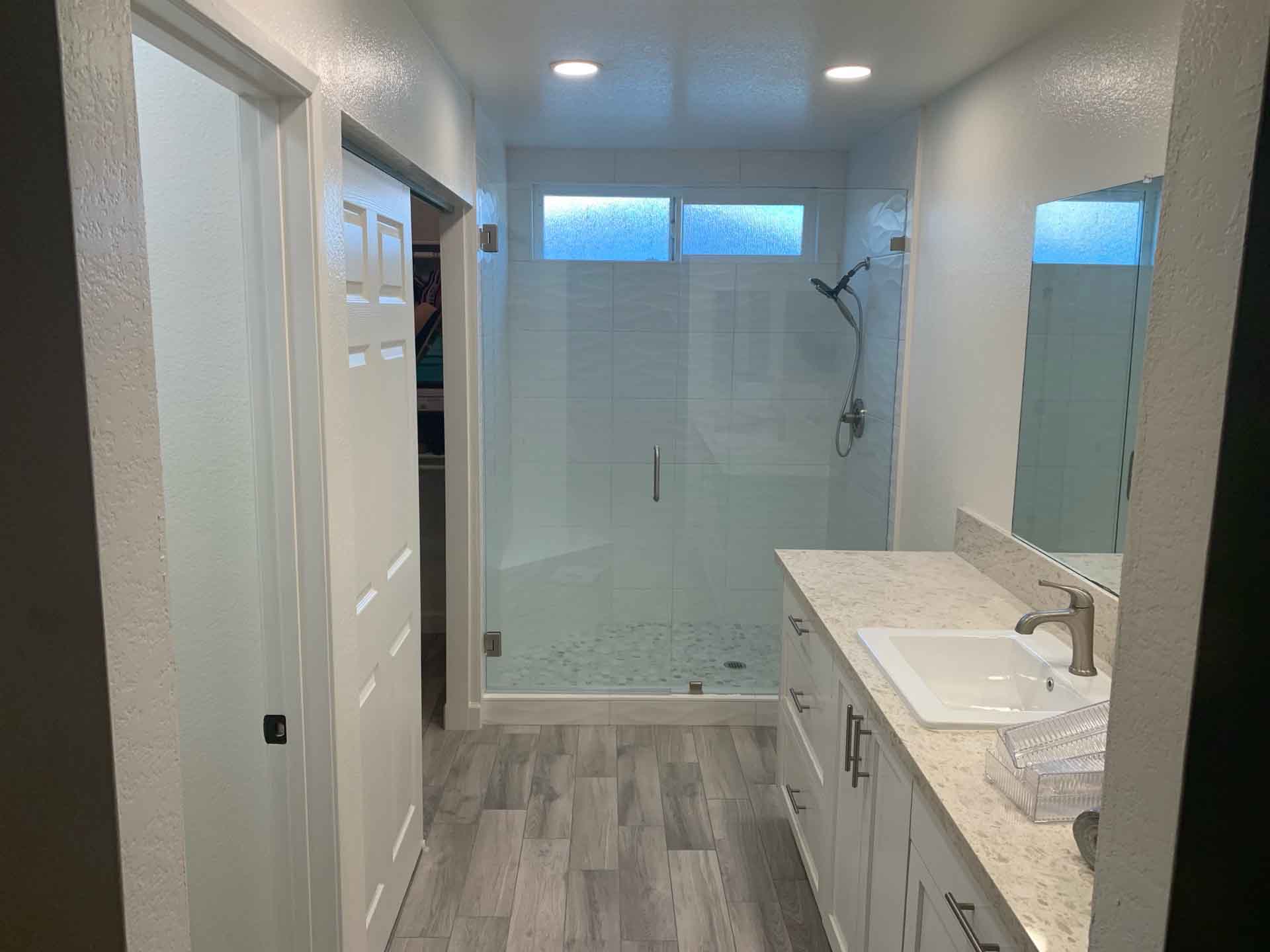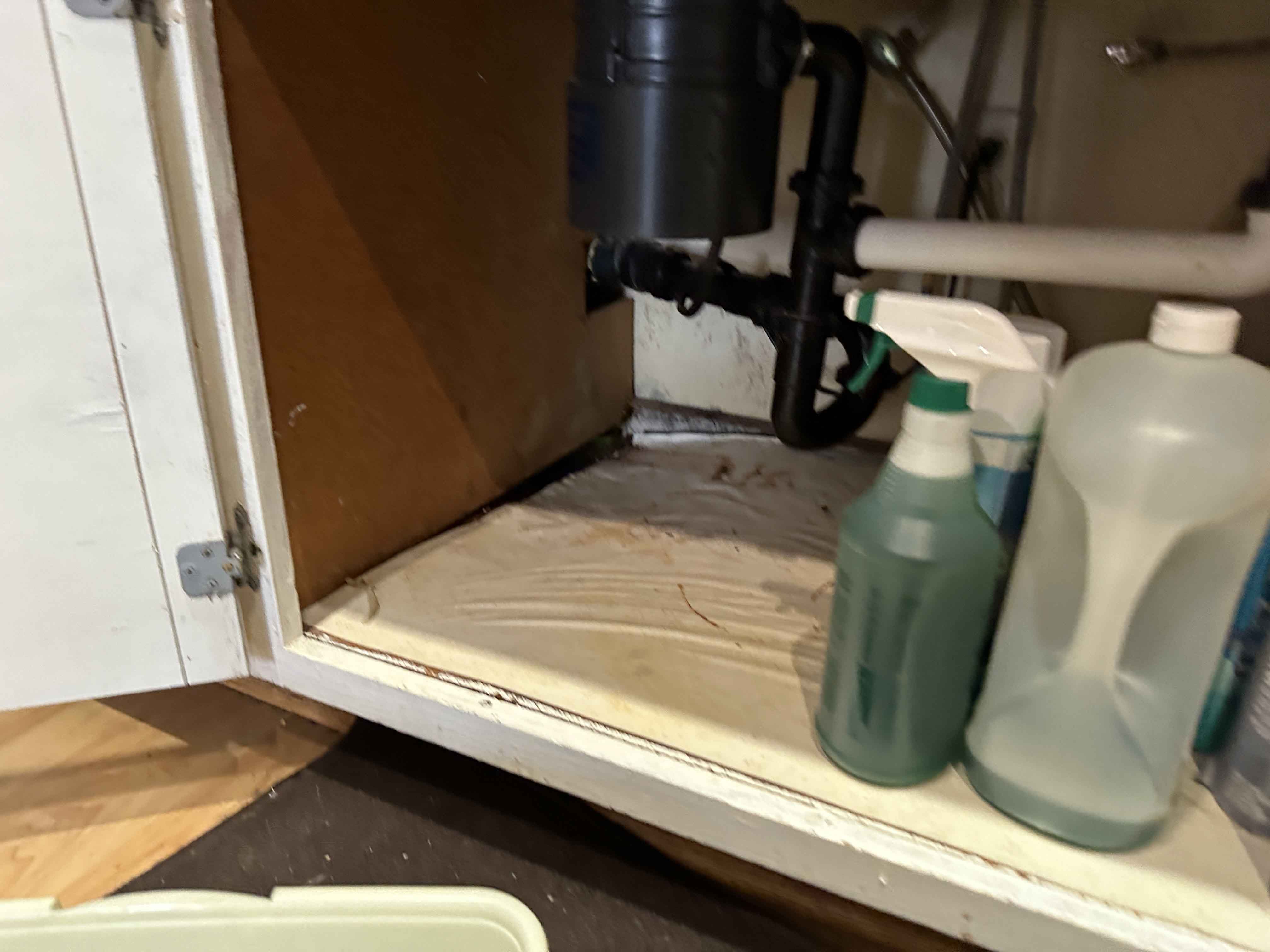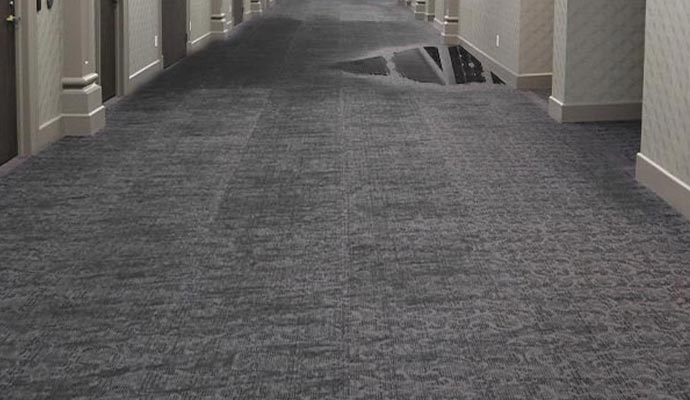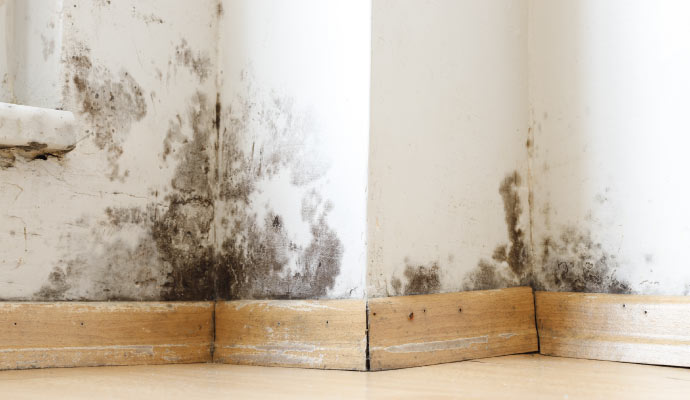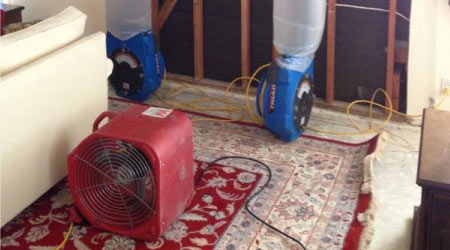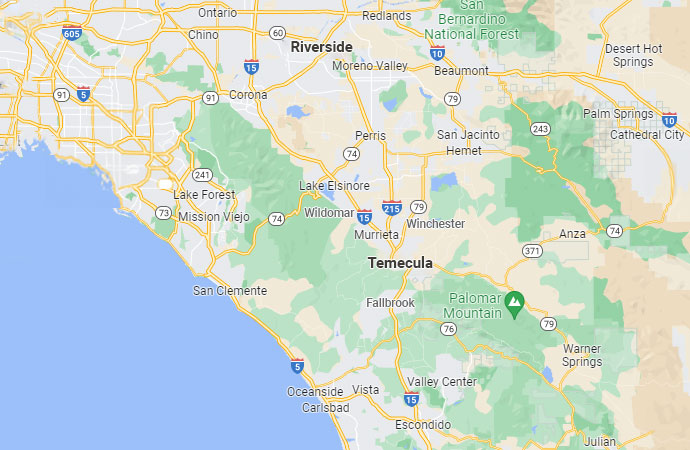Water Damage and Your Health: How to Protect Yourself
Understanding the Potential Health Risks after Water Damage
Any homeowner that has experienced a flood knows one thing for sure - a flood isn't ever just a flood. Flooding can bring about a whole host of health hazards that homeowners need to be aware of in order to protect themselves and their families. The three most significant risks being: mold growth, contaminated water and the presence of harmful pathogens. And these three risks can have long term, serious implications. Here’s what to know and what to do in the event that a flood strikes your home:
-
Mold Growth: A Silent Threat
After a flood and water damage, excess moisture creates an ideal breeding ground for mold. Mold spores can quickly multiply, releasing tiny airborne particles that, when inhaled, can lead to respiratory issues, allergies and even more severe health conditions. To mitigate mold growth, homeowners should do the following:
Act Swiftly: Begin the cleanup process as soon as it is safe to do so. Proper Ventilation: Ensure good airflow by using fans and opening windows. Remove Damaged Materials: Discard items that cannot be thoroughly cleaned and dried. Utilize Dehumidifiers: Reduce humidity levels to hinder mold growth. -
Contaminated Water: A Hidden Danger
Floodwater is often heavily contaminated with bacteria, viruses, chemicals and other hazardous substances. Direct contact or ingestion of this water can lead to a range of health issues, including gastrointestinal problems, skin infections and more serious diseases. To safeguard against contaminated water:
Avoid Direct Contact: Use protective gear like rubber boots and gloves when handling floodwater or items that have been in contact with it. Thorough Disinfection: Clean and disinfect all affected areas and items using appropriate cleaning agents. Purify Drinking Water: Boil water or use bottled water until authorities confirm its safety. -
Harmful Pathogens: Microscopic Threats
Floodwater can harbor a multitude of harmful pathogens, including bacteria, viruses and parasites. These can lead to illnesses ranging from gastrointestinal infections to more severe diseases like hepatitis A. Protecting against harmful pathogens involves:
Hand Hygiene: Regularly wash hands with soap and clean water, especially before handling food or touching your face. Avoiding Contaminated Areas: Stay out of floodwater and areas that have been heavily affected until they have been properly cleaned and disinfected. Vaccination: Ensure vaccinations are up-to-date to protect against diseases like tetanus or hepatitis.
In the aftermath of a flood, prioritizing safety is paramount. Seeking well qualified, professional assistance for extensive cleanup and restoration efforts is not only highly recommended, it is crucial. By taking swift action with these guidelines in mind, homeowners can significantly reduce the long-term health risks associated with post-flood hazards.
Partnering with the right resources at the right time will provide you with the peace of mind knowing that your home and family above all else will be protected for years to come. Pulido Cleaning & Restoration, 951-494-6040


